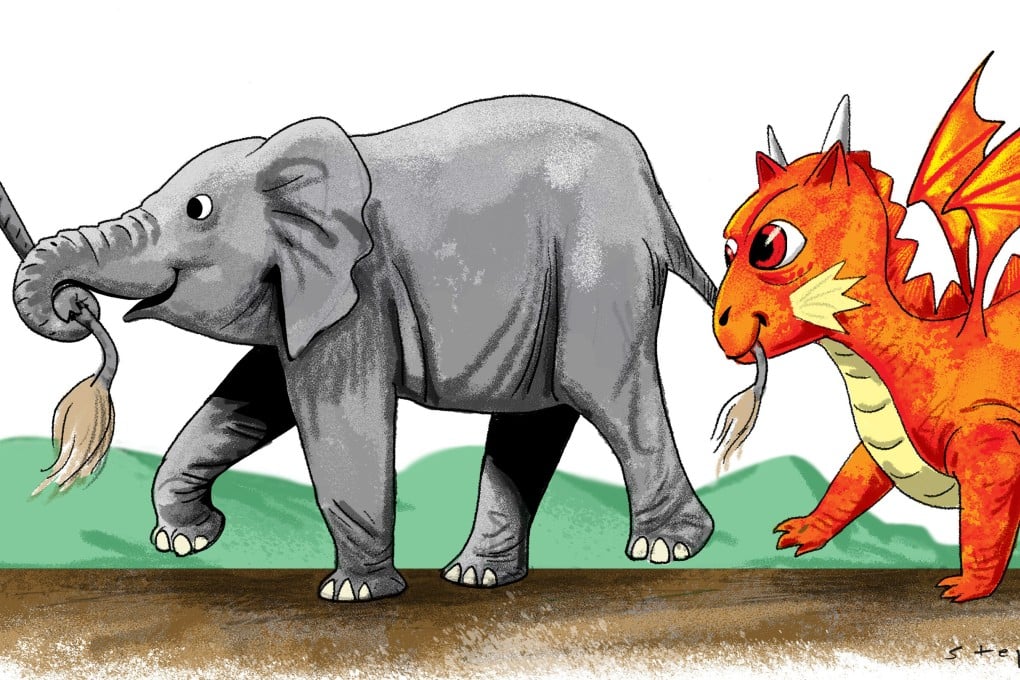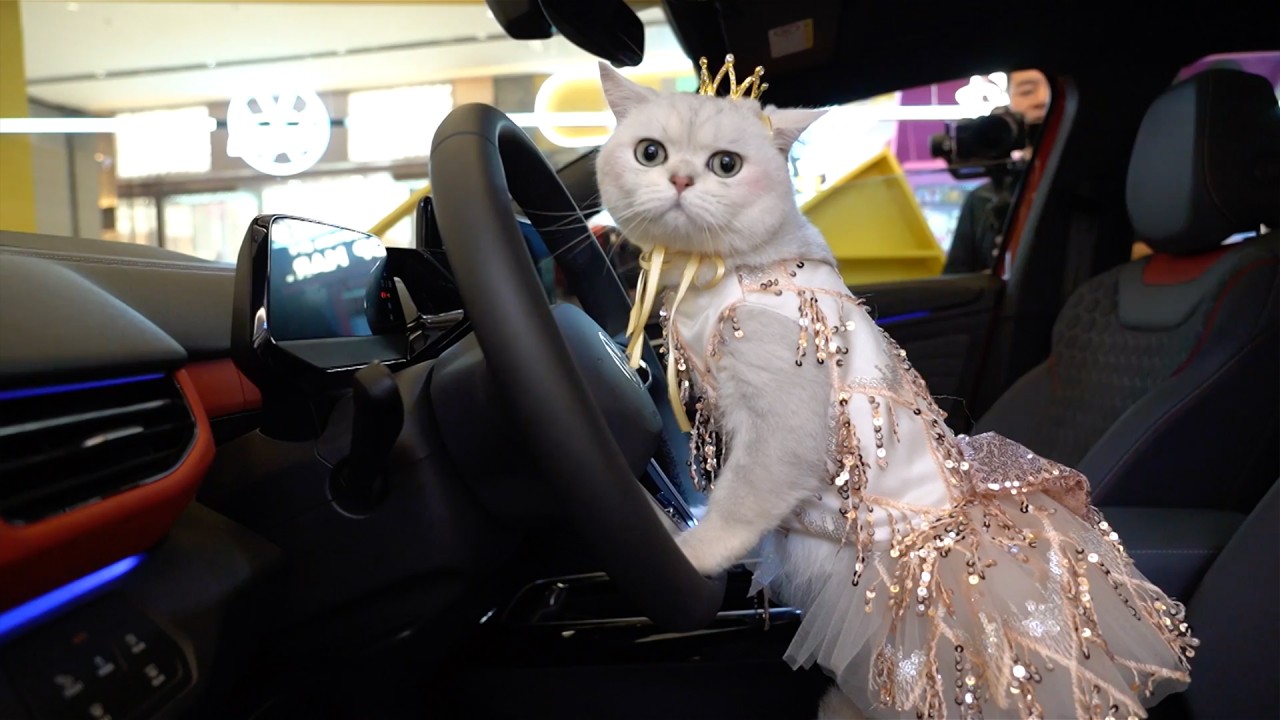Opinion | How a cute baby elephant sheds light on China’s quest for soft power
- Xi Jinping has called on officials to promote the image of a ‘lovable’ China, a word that in Chinese literally means ‘cute’
- And cuteness – with its power to evoke empathy – does have universal reach, as cat lovers and Western media outlets following the adventures of 15 Chinese elephants can attest to

Over the past decade or so, the culture of cuteness has spread to China almost like wildfire. The streets of Chinese cities are populated by ridiculously cute dogs and cats, and the use of emojis has become the norm on social media, even in official settings such as exchanges between university administrators.
In Shanghai’s not-so-cold winters, it has become almost compulsory to dress small dogs in colourful jackets, to the point that it is jarring to spot a naked dog in the streets.
It’s worth asking why the culture of cuteness has taken root so quickly and deeply in China. We discuss possibilities in our book Just Hierarchy. One explanation is cultural. Cute emojis may be more widespread in East Asian countries that prioritise politeness and indirect talk because online communication cannot be softened by facial expressions of deference or rituals such as bowing.



